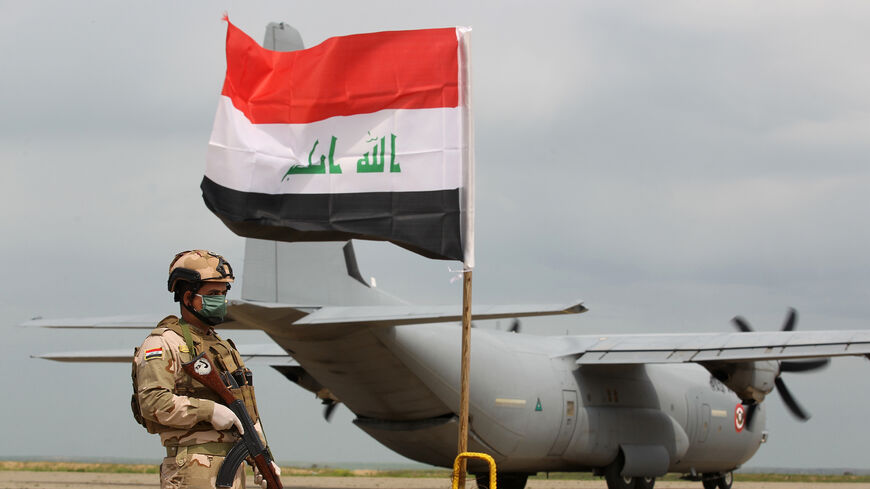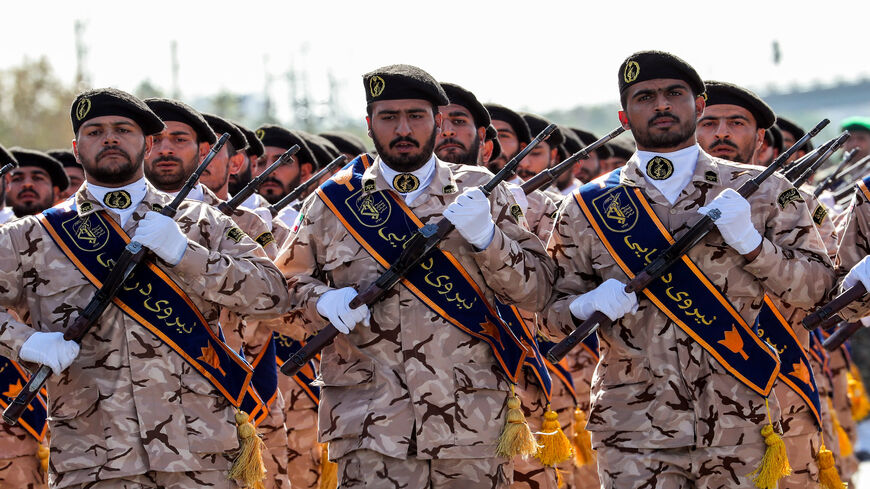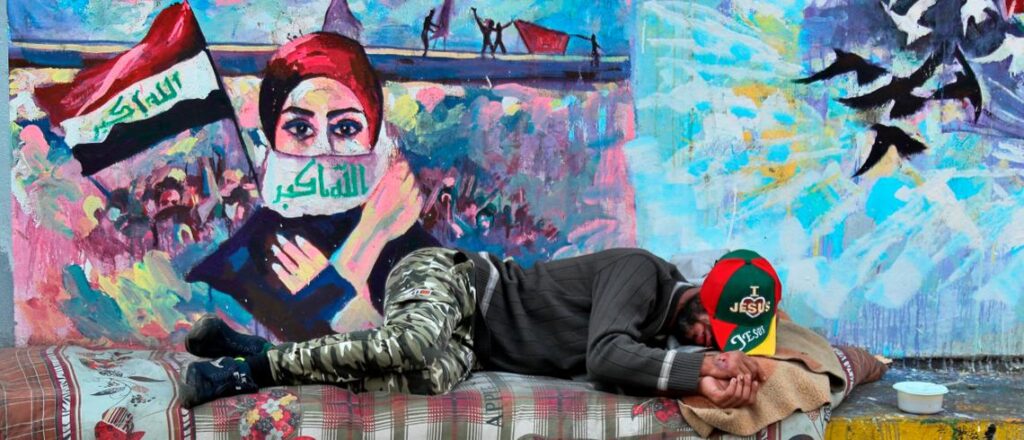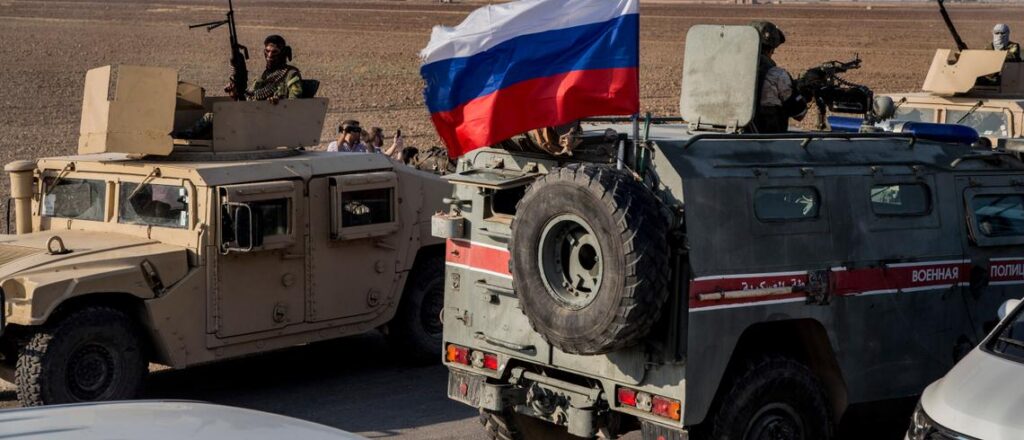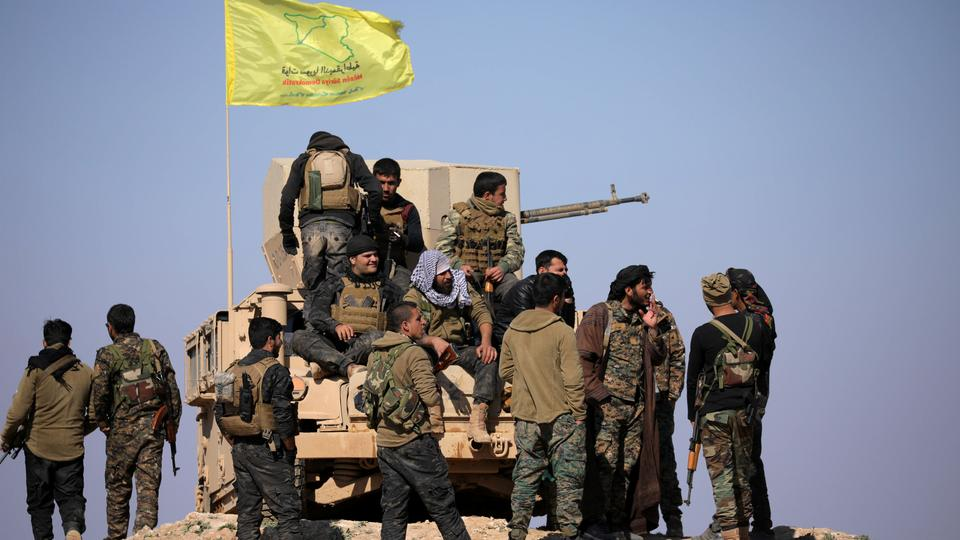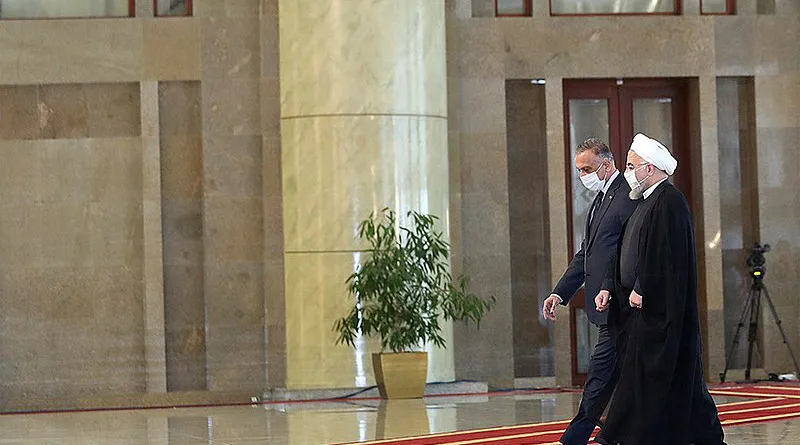Israel loses patience with Iranian entrenchment in Syria
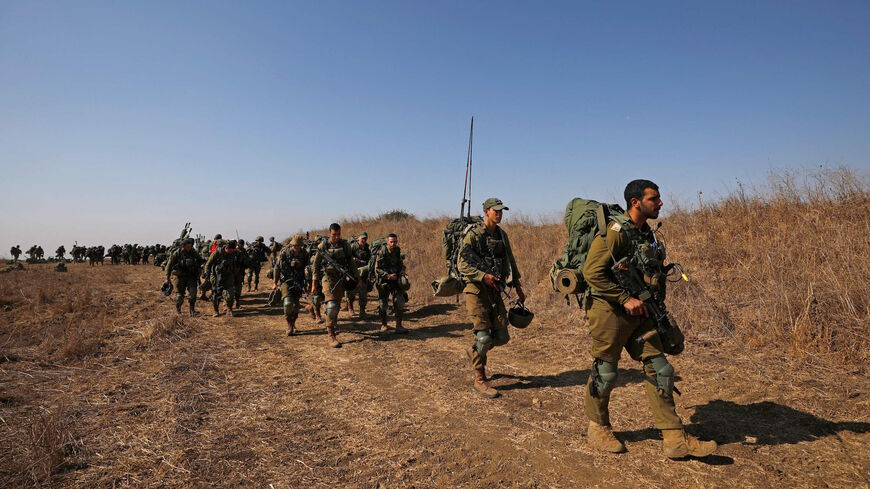
Israel has detected increased activity by Iran as it builds up its military presence in Syria.
Is Syrian President Bashar al-Assad starting to change his mind about the long dominance of Iran and Russia in his country? Several intelligence analysts have assessed recently that with Assad’s regime stabilized, the Iranian presence in his country might no be longer an asset but a liability for the Syrian leader. As long as the Iranians remain entrenched in his back yard, the attacks on them attributed to Israel are likely to continue — and have already escalated.

